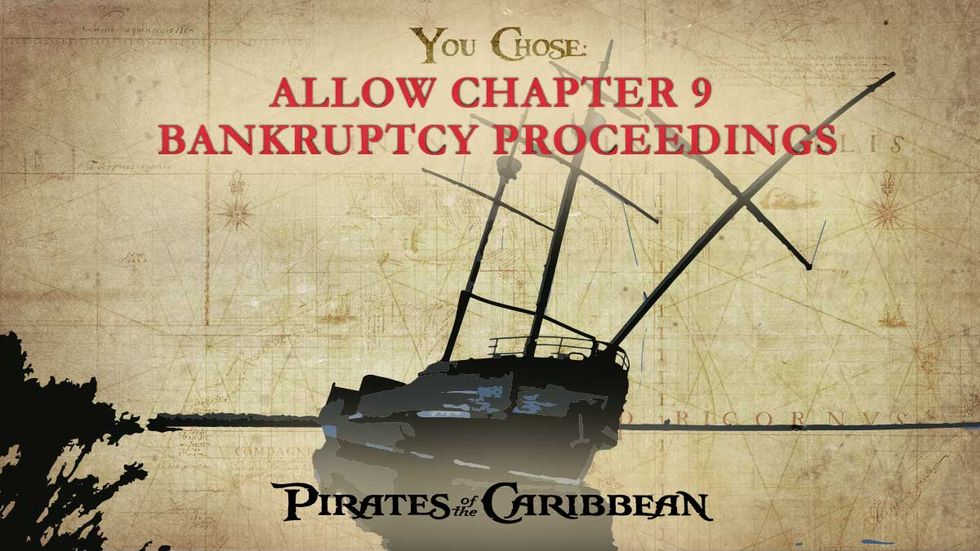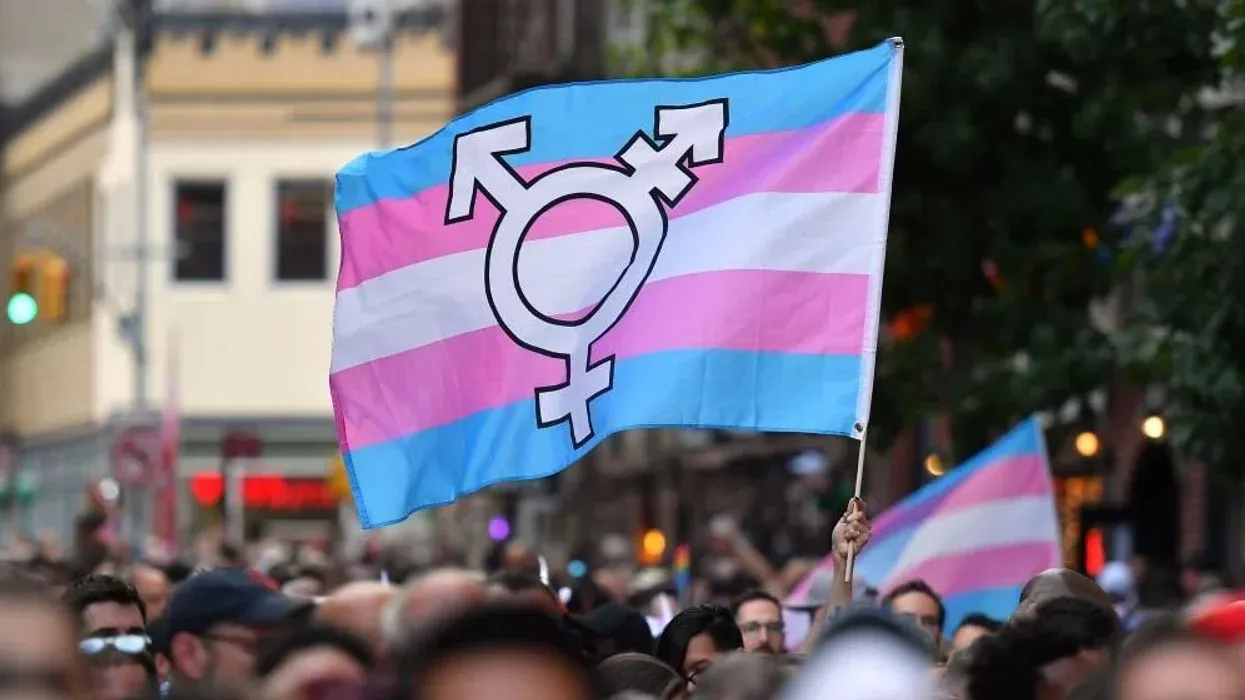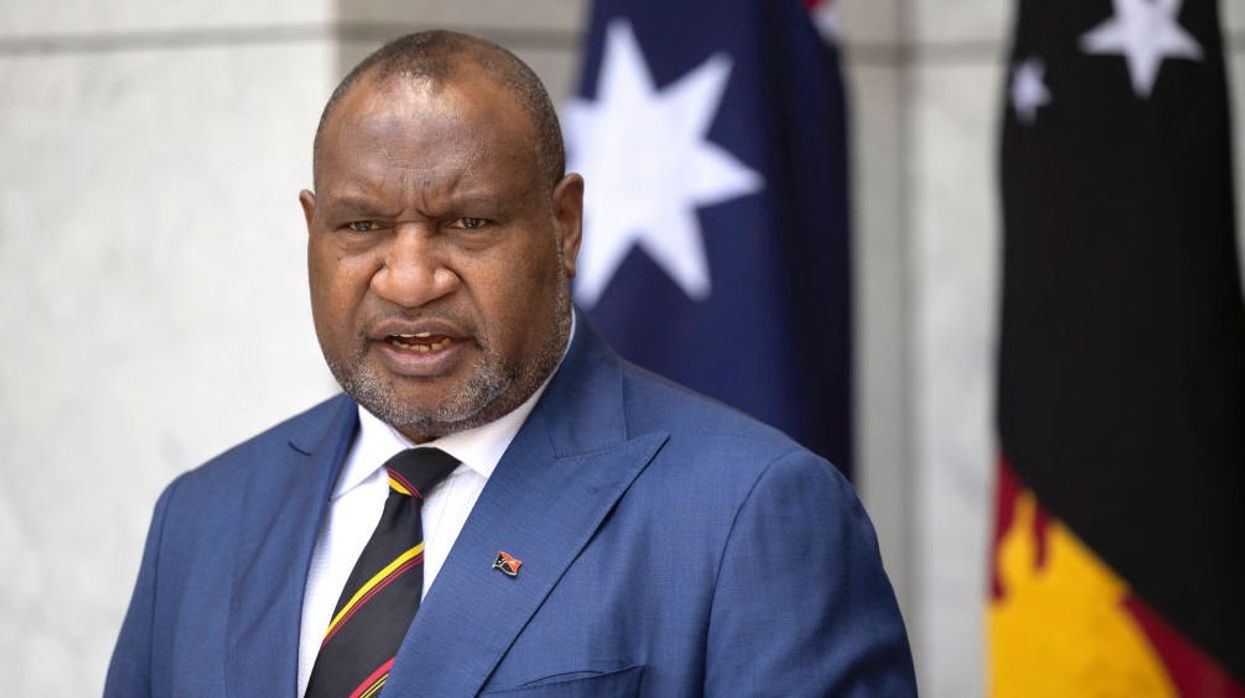
© 2024 Blaze Media LLC. All rights reserved.
Welcome back to the story of Puerto Rican bankruptcy. If you missed the opening chapter, you should consider starting here. If you are familiar with the story of Puerto Rico’s pillaged treasures, sunken economy, and never-ending piles of debt, then proceed. The adventure we are about to take involves the danger of granting Puerto Rico Chapter Nine bankruptcy status.
Puerto Rico is insolvent. With more than $72 billion in debt, the small island ranks among the most indebted American governments, behind only the state governments of California and New York. Since 2014, Puerto Rico’s bonds have been repeatedly reduced to below investment grade. Missed debt payments are becoming a near-weekly story. In fact, the island’s own governor, Alejandro Garcia Padilla, was recently quoted as saying, “The debt is not payable.”
Folks, the ship is sinking – and Puerto Rico is plundering Washington for Chapter Nine bankruptcy protection.
What is Chapter Nine?
Chapter Nine of the U.S. bankruptcy code is a legal definition, and an instrument dedicated to “adjustments of debts of a municipality.” That is, Chapter Nine is intended to provide legal protections and assistance to municipal governments. Since it is dealing with public utilities, resources, and services, Chapter Nine is not a “bankruptcy” provision similar to those provided to businesses under the more well-known counterpart, Chapter Eleven.
The purpose of Chapter Nine is to allow the municipality to find austerity solutions and renegotiate the terms of their debt — without requiring the same municipality to liquidate assets or to be governed by judicial control. In other words, the functions of the municipality may continue to operate freely, without the court telling it exactly what to do.
Providing Puerto Rico with Chapter Nine.
A number of Democrats, including the Obama administration, have proposed a “super Chapter Nine” for Puerto Rico that would allow the island’s municipalities, public corporations (like PREPA), and the Commonwealth itself, to declare Chapter Nine bankruptcy.
But allowing Chapter Nine would be unwise, if not unfair. It would distort the Puerto Rico bond market and change the rules of the game for those who offered credit to the island. It would also unfairly give Puerto Rico a legal status not extended to any other American state.
There are a number of problems associated with providing Puerto Rico bankruptcy protection.
First, bankruptcy protection would permit a state, or in this case a territory, with unprecedented powers to usurp their own constitutions. In Puerto Rico, for example, the constitution not only protects the island’s creditors, but it protects the obligations to its public pension. Under bankruptcy, the law would permit Puerto Rico to contractually alter those promises to pay retirees; it would also change many of the island’s labor laws. While changes need to be made to Puerto Rico’s unfunded pension and labor laws, giving the island carte blanche to modify laws however the government decides — without a vote — would not be the appropriate solution.
Implementing bankruptcy laws retroactively would create a larger problem. Puerto Rico’s bonds, as protected by the island’s constitution, were issued to investors under the pledge that they would be fulfilled under the creditor-friendly laws currently in place. Pulling the rug out from underneath investors would severely punish not only Puerto Rico, but the municipal bonds of every state.
In a recent article in The Hill, Auturo Porzecanski writes:
It is one thing to alter the rules of a game for those who may want to play it, but it is entirely another to put someone involuntarily into a game they were assured they would never have to play. Let’s not help turn Puerto Rico into an Argentina or Venezuela, where investor rights have been trampled, the ensuring losses have been enormous, and confidence has been shattered.
The simple suggestion of granting bankruptcy protection to Puerto Rico sends a signal that Congress may be willing to grant those protections beyond Puerto Rico — that the states could be next. The bond markets would react negatively, levying a market penalty on muni bonds and thus leading to higher borrowing costs and downward pressure on current bond prices.
Simply put, bankruptcy protection for Puerto Rico would destabilize the municipal bond markets. It would be an ominous sign to investors that Washington will allow states and territories to ignore obligations to their investors if it is an expedient solution to fixing problems caused by political recklessness and irresponsible fiscal behaviors. Creditors would be punished – and so too would fiscally responsible states.
Unconstitutional
As Congress contemplates granting bankruptcy protection to Puerto Rico, it should be noted that such an action would almost certainly be deemed unconstitutional, as the United States Constitution does not permit states to void contractual obligations. In a recent Washington Times article, Constitutional scholar Bruce Fein states:
…the Contracts Clause of the U.S. Constitution, as expounded by the U.S. Supreme Court in U.S. Trust Co. v. New Jersey (1977), would invalidate a retroactive bankruptcy law for Puerto Rico.
In fact, Article 1, section 10, Clause I stipulates: “No State shall … pass any … Law impairing the Obligation of Contracts.”
In other words, the Constitution sought to establish protections for these very instances. The lending terms and the risk premium established between Puerto Rico and its creditors was predicated on existing laws. A sudden and convenient change of terms would not only set a markedly dangerous precedent, but would also violate the law of the land.
Instead of bankruptcy, the solution to the problem has ironically already begun to unfold in Puerto Rico. The largest public corporation, Puerto Rico’s power company, PREPA, has been negotiating a path forward with creditors since June 2014, when the corporation ran out of cash. In response, the creditors actually agreed to refrain from enforcing payment claims, and instead have begun looking to restructure the credit agreements, going so far as to provide $2 billion in new financing.
This is exactly how an indebted state – or territory – should unravel its irresponsible fiscal crisis. Instead, Puerto Rico is delaying any resolution in the hopes that plundering Washington for a retroactive change in law or mere cash bailout will unfold instead.
Bankruptcy protection would only reward Puerto Rico for their reckless behavior, and punish many states and good actors in the process. Bankruptcy will only make things worse, not better; this is a route that will lead to turbulent storms and ship wreck.
John Gray is a Senior Editor at Conservative Review. Follow him on Twitter @JohnW_Gray.
Want to leave a tip?
We answer to you. Help keep our content free of advertisers and big tech censorship by leaving a tip today.
Want to join the conversation?
Already a subscriber?
more stories
Sign up for the Blaze newsletter
By signing up, you agree to our Privacy Policy and Terms of Use, and agree to receive content that may sometimes include advertisements. You may opt out at any time.
© 2024 Blaze Media LLC. All rights reserved.
Get the stories that matter most delivered directly to your inbox.
By signing up, you agree to our Privacy Policy and Terms of Use, and agree to receive content that may sometimes include advertisements. You may opt out at any time.


